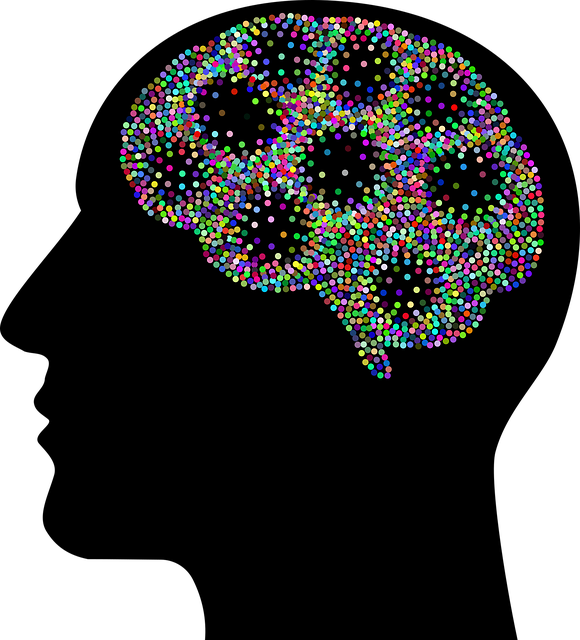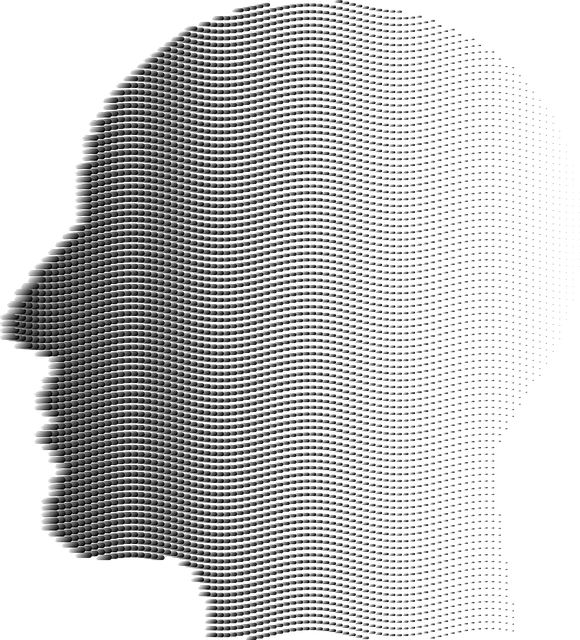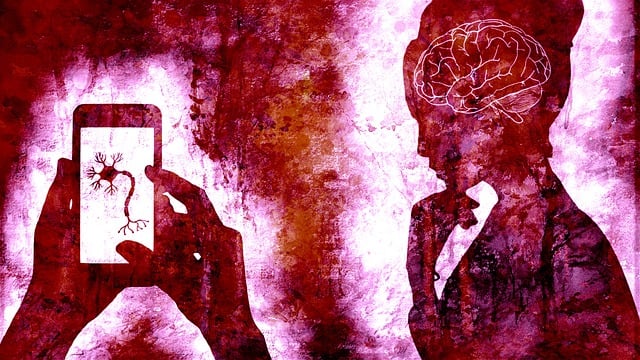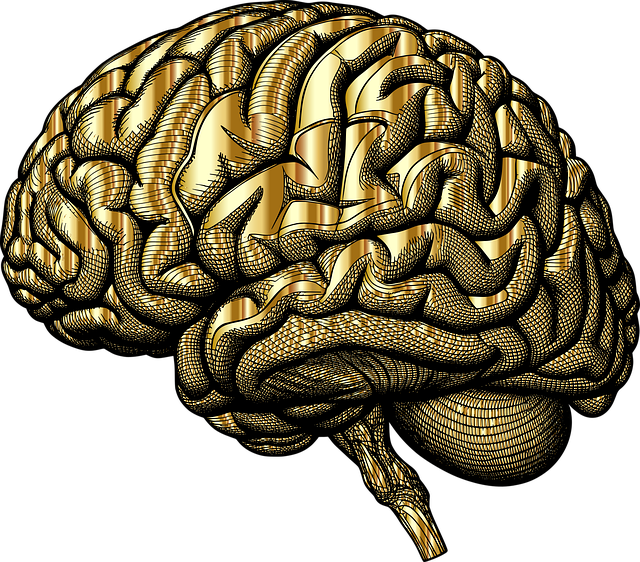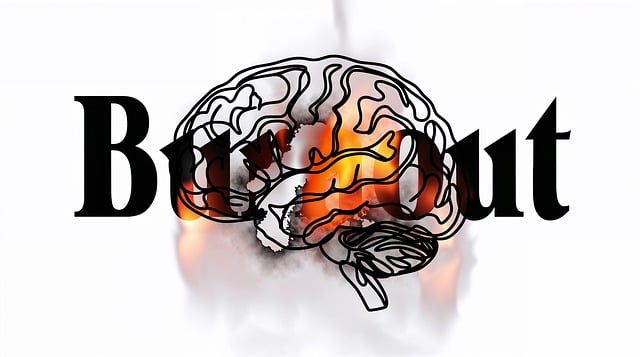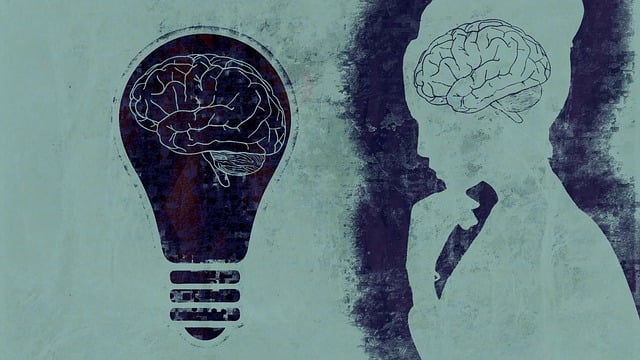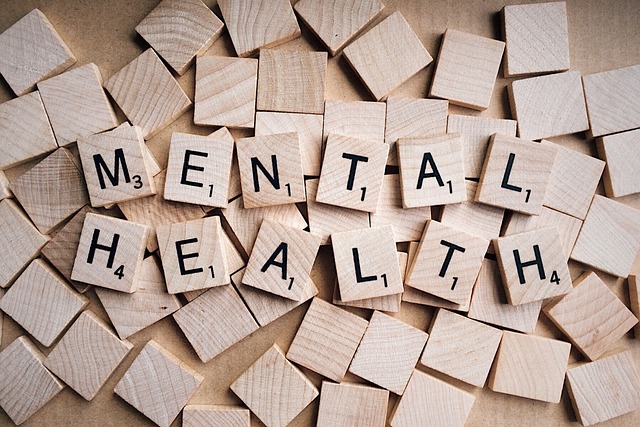Mental wellness is often overlooked in older adults, especially those with psychosis, but creating safe therapy spaces through peer-led support groups and facilitation techniques is crucial. Guided meditations, journaling, conflict resolution exercises, and community outreach programs empower seniors to cope, improve social connections, and enhance quality of life. Objective measures like behavioral observations and functional outcome evaluations are more effective than self-reported assessments for gauging group therapy's impact. Burnout prevention for healthcare providers ensures consistent, high-quality care in addressing therapy for elders psychosis.
Mental wellness group facilitation plays a pivotal role in therapeutic settings, especially when addressing psychosis among older adults. This article delves into the intricacies of understanding mental health challenges unique to this demographic and explores the power of group sessions as a potent therapy. We examine effective techniques tailored to elderly individuals, focusing on group dynamics that foster healing. Additionally, we discuss measurement strategies to assess and enhance the impact of group therapy for elders suffering from psychosis.
- Understanding Mental Wellness in Older Adults with Psychosis
- The Role of Group Facilitation in Therapeutic Settings
- Effective Techniques for Group Sessions with Elderly Individuals
- Measuring and Enhancing the Impact of Group Therapy for Psychosis
Understanding Mental Wellness in Older Adults with Psychosis

Mental wellness is a critical aspect often overlooked when discussing older adults, particularly those experiencing psychosis. Psychosis in this demographic can manifest as delusions, hallucinations, and confused thinking, significantly impacting daily life. Understanding this condition requires a nuanced approach, recognizing that age-related changes can intersect with mental health issues. Facilitators playing a role in therapy for elders with psychosis must be adept at creating safe spaces for these individuals to share their experiences without judgment.
Facilitating support groups or workshops can employ various techniques like conflict resolution exercises to foster understanding among peers, enhancing social connections and self-awareness. Public awareness campaigns development centered around mental health in older adults can also help reduce stigma and encourage early intervention. Self-awareness exercises designed for this population may include guided meditations or journaling prompts tailored to address psychosis-related challenges, promoting coping strategies and improved quality of life.
The Role of Group Facilitation in Therapeutic Settings

Group facilitation plays a pivotal role in therapeutic settings, especially when catering to the unique needs of elders experiencing psychosis. In these specialized environments, facilitators create safe, supportive spaces that encourage open dialogue and foster peer connections. Through structured activities and guided discussions, facilitators help participants navigate complex emotions, share insights, and build coping strategies collectively. This collective approach not only enhances individual therapy but also cultivates a sense of belonging and community among peers with shared challenges.
Moreover, effective group facilitation techniques empower elders to take ownership of their mental wellness journey. By employing methods that promote active participation, facilitators enable individuals to reflect on personal experiences, express thoughts openly, and learn from one another’s resilience. This process is particularly beneficial for therapy tailored to elders, as it addresses the specific risks associated with psychosis later in life. Incorporating self-care routine development and teaching mind over matter principles further strengthens the therapeutic outcome, ensuring participants gain practical tools for managing their mental health effectively within a group setting.
Effective Techniques for Group Sessions with Elderly Individuals

In facilitating group sessions for elderly individuals, especially those dealing with psychosis, a nuanced approach is essential. Starting with inner strength development techniques like mindfulness and guided meditation helps to calm minds and foster a sense of peace. This not only improves their ability to engage in discussions but also encourages them to open up about their experiences and challenges.
Additionally, incorporating resilience building exercises that focus on coping mechanisms and problem-solving skills is vital. Activities that promote social interaction and a sense of community can significantly enhance their well-being. Successful implementation of these strategies requires careful planning and often involves tailoring approaches based on individual needs. Community outreach program implementation can play a pivotal role in creating a supportive network, ensuring the elderly feel heard, understood, and connected to their communities.
Measuring and Enhancing the Impact of Group Therapy for Psychosis

Measuring the impact of group therapy for psychosis is a critical aspect of ensuring effective support for seniors experiencing mental health challenges. Traditional methods often rely on self-reported assessments, which can be influenced by personal biases. Therefore, researchers and facilitators are increasingly turning to objective measures, such as behavioral observations and functional outcome evaluations, to gain a more accurate picture of improvement. These approaches help identify specific areas where group therapy is particularly beneficial, like social skills enhancement or symptom reduction.
Enhancing the impact goes hand in hand with continuous evaluation. Incorporating compassion cultivation practices within group therapy sessions can foster a sense of belonging and reduce stigma, leading to improved engagement. Additionally, burnout prevention strategies for healthcare providers facilitate sustainable facilitation, ensuring consistent quality care. Effective communication strategies are also vital, encouraging open dialogue among participants and building a supportive environment that promotes mental wellness.
Group facilitation techniques play a pivotal role in enhancing mental wellness among older adults with psychosis. By fostering a supportive environment through effective communication, active listening, and structured activities, facilitators can significantly improve symptoms and quality of life. The strategies outlined in this article, including tailored group sessions and measurable impact assessments, offer valuable insights for professionals aiming to provide optimal care for elders suffering from psychosis, ultimately revolutionizing therapy approaches in therapeutic settings.
